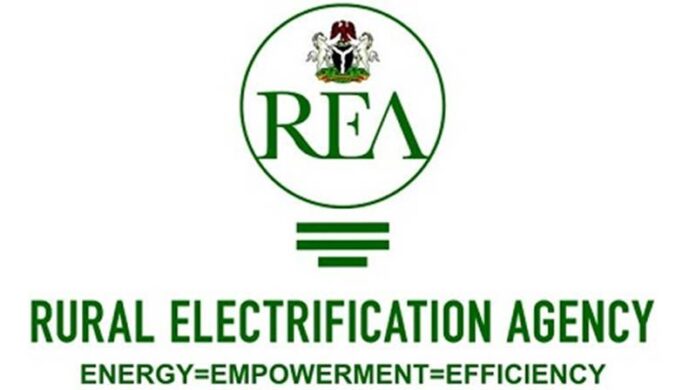Power Supply: REA Signs Deals with Federal Varsities for 100mw Mini-grids, Expends $250m
CHIGOZIE AMADI
The Rural Electrification Agency (REA) under its Energising Education Programme (EEP) at the weekend signed agreements with several federal universities in Nigeria for the supply of over 100mw of clean energy.
At a Stakeholders’ Engagement Forum (SEF) in Abuja organised by the Nigeria Electrification Project (NEP), the agency stated that in phase one, 10 tertiary institutions were involved, while phase two and three will have nine each respectively.
The three-day high-level event brought together key stakeholders, including Vice chancellors, chief medical directors, directors of physical planning/works, and legal officers from EEP beneficiary institutions, along with representatives from the World Bank, the African Development Bank (AfDB), and others.
It was themed: “Empowering Education through Sustainable Energy: Collaborative Pathways for the Long-term Success of the Energising Education Programme (EEP).”
In his remarks at the event, Minister of Power, Chief Adebayo Adelabu, said that energy access was no longer a luxury, but a necessity that underpins the modern world and a catalyst that drives economic growth, improves healthcare, and empowers communities.
Represented by the Assistant Director of Renewable and Rural Power Access Department, Samuel Ayangeaor, Adelabu stressed that when schools have reliable electricity, they can extend learning hours, utilise educational technology, and create safe and comfortable learning environments.
“Although a number of universities in Nigeria are connected to the national grid, the consistency and quality of electricity supply can differ substantially, particularly in rural regions. However, many educational institutions in Nigeria continue to grapple with the challenges of securing reliable and affordable electricity.
“These challenges include infrastructure limitations, financial constraints, and technical difficulties, which collectively hinder the delivery of quality education and undermine the academic experience,” he stated.
The provision of the EEP, the REA said, is in line with President Bola Tinubu’s Renewed Hope Agenda, particularly in relation to expanding alternative energy access to underserved and unserved rural communities.
The EEP was launched by the federal government in 2018 to provide reliable power supply to 37 federal universities and seven affiliated teaching hospitals across Nigeria. Under the three phases of the EEP, 24 federal universities and 4 teaching hospitals have already been included.
Some of the beneficiaries that signed the deal yesterday included: Abubakar Tafawa Balewa University & Teaching Hospital, Bauchi; Federal University of Petroleum Resources Effurun, Delta; Obafemi Awolowo University and Teaching Hospital Ile-Ife; Michael Okpara University of Agriculture Umudike and Federal University of Agriculture, Abeokuta.
Others were; Federal university Gashua, Yobe; Modibbo Adama University of Technology, Adamawa; Federal University, Dustin-Ma, Katsina; Federal University, Lafia, Nasarawa; Federal University Lokoja, Kogi; University of Port Harcourt and Teaching Hospital, Rivers; University of Uyo, Akwa-Ibom and Federal University, Akure, Ondo.
The agreement outlined the roles, responsibilities, and financial commitments necessary to sustain the solar power plants.
Also speaking, REA Managing Director, Abba Aliyu, said the arrangement will see stakeholders put in place commercial, technical and operational framework that will ensure that after the deployment of the mini-grids will continue to operate over a long period of time.
He disclosed that the government had spent about $250 million to improve electricity supply to 24 Federal Universities and four teaching hospitals in a bid to expand alternative energy access to underserved and unserved rural communities.
“A lot of money has been committed, public sector funding of a total of over $250 million has been spent in both phase II and phase III of this project to deploy these infrastructures, build distribution networks, upgrade substations, meter all the connecting areas within the universities.
“There is a plan to ensure the sustainability of all the equipment to their end period. And at the same time to ensure that by the end period of this equipment, there is a commercial framework for the university to replace the batteries and the inverters so that it continues into perpetuity,” he added.
Also speaking the head of NEP, Olufemi Akinyelure, explained that some of the equipment ordered had started coming into the country, stressing that from Q1, 2025, the commissioning of the projects will start in the universities.

























